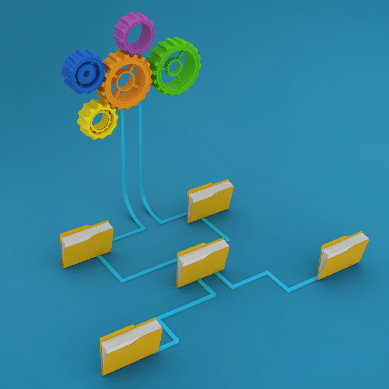To satisfy the rising demand, a market of risk quantification software is quickly evolving. Research shows that CRQ can revolutionize the way CISOs engage with board members to discuss cybersecurity in the context of business operations.
Forrester compares cyber risk quantification (CRQ ) to a “Rosetta Stone” in that it translates conceptual security outcomes into more relevant financial terms. In their report on CRQ, Forrester defines tools that quantify risk as:
“Tools that utilize mathematical modeling techniques to render the business impact of cyber risk in financial terms. Cyber-risk quantification models combine financial loss data with cyber-threat event data to provide a financial estimate of loss based on historical data. Organizations use cyber-risk quantification to make risk transfer decisions and cybersecurity alignment with business priorities more efficient.”
Benefits of CRQ
- A key benefit of quantifying risk is the common language it promotes. This commonality facilitates discussions between CISOs and board members, equipping security teams with the ability to contribute to business conversations. By inserting hard numbers in place of cyber-risk impact, it becomes possible to prioritize risks and make more accurate decisions around digital strategies.
- Business and security teams know where to focus their cyber investments, and how to reduce risk exposure in line with business objectives. Overreacting or under-reacting to potential risk events is less likely with CRQ.
- Cyber risk quantification strengthens cyber posture and resilience. It gives insights to respond to cyber threats in a more targeted and cost-efficient way. This translates into greater credibility and a strong brand reputation.
Please login or Register to submit your answer





